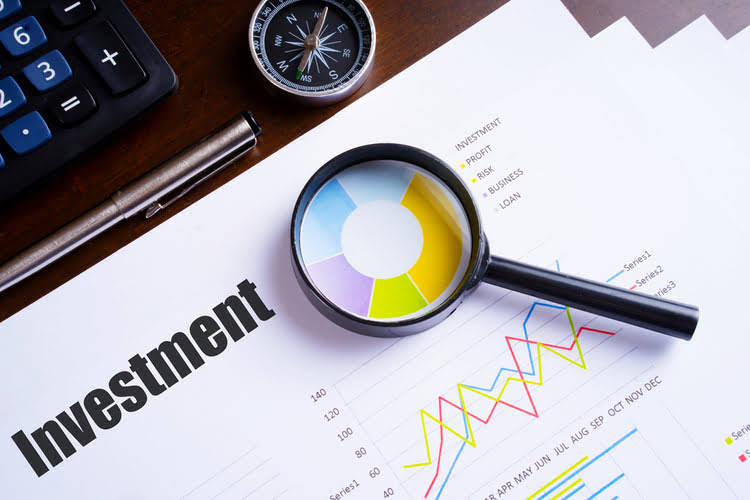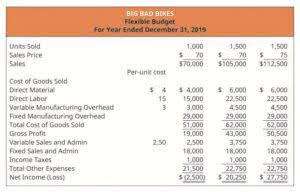
Another major area where CPAs can be much better than a simple bookkeeper are producing tax returns – and interacting with tax authorities like the IRS or state tax agencies. CPAs are legally allowed to provide tax services above and beyond what other accounting professionals can do. Startups have unique needs and requirements, and startup founders face complex accounting and tax situations such as venture capital due diligence, cash flow management, compensation issues, and more.
Tax Credit Experts
Inventory accounting, build of material calculation and working capital constraints make even early-stage hardware companies complex from an accounting and bookkeeping perspective. SaaS accounting is a specific focus for specialized CPAs because there are myriad factors brick and mortar businesses https://www.bookstime.com/ (and even ecomm businesses) don’t need to consider. One of the key elements a CPA should keep in mind is the rule of 40% and measuring the trade-off between profitability and growth. Moreover, SaaS by nature, needs to factor in churn which will significantly impact a CPA’s projections.

Startup – Forecasts and Budgets 2021 Why they’re important and how to do them like a pro

Additionally, our team of CPAs is augmented with some experienced CFAs on our financial services team. This team helps put together projections and financial models that are used in fund raising and exits. Our combined CPA and CFA expertise not only enhances the quality of your financial forecasts but also instills confidence in potential partners about your startup’s future success. By demonstrating a deep understanding of your financial trajectory, we help position your startup for the best possible outcomes in any due diligence scenario.
Strategies for CPA Recruitment and Partnerships
We communicate and collaborate with our teammates and clients in a respectful and clear way, while not forgetting to have some fun along the way. We seek to establish processes and systems that are clean, intuitive, nimble, and scalable. We seek to overcome challenges through unique and innovative solutions. Clients who have worked with Kruze have collectively raised over $15 billion in VC funding.

Side Note: What is the Difference Between a Bookkeeper and an Accountant?
A Certified Public Accountant with deep insights into the startup landscape can provide essential advice, ensure adherence to compliance regulations, and assist with strategic financial planning. Identifying a firm that perfectly matches your startup’s requirements necessitates thorough investigation and precise inquiries. Here are some questions you can ask potential providers that can help you find the best one for your company. Many startups outsource startup cpas their financial reporting and management functions, both to save money and to get professional accounting and finance services that would be difficult to locate and hire. As the company grows, management eventually hires the appropriate personnel and brings these financial functions in-house. However, with the current economic slowdown, some startups that may experience slower than projected growth are choosing to “re-outsource” their financials.

Kruze’s team has worked with food startups, supplement providers, subscription fashion and more. And we know that high growth comes with its own problems, especially understanding how inventory and manufacturing impact cash flow and getting a handle on customer acquisition costs. At our firm, we calculate burn rate on both a cash basis and an accrual basis. The cash basis burn rate is typically operating cash flow minus investment cash flow, with some adjustments for accounts payable, accounts receivable, and capital expenditures. A CPA knows all the tips and tricks for putting revenue and expenses into financial reports.
My team advises over 600 funded startups that have raised over $6 billion in funding. Let’s go over six of the most important areas where CPAs can advise funded startup clients. At Advisori Finance, our finance experts have been working with countless startups and have accumulated roughly 14 years of industry experience. Our CPAs have MBA degrees and frequently work at large tech companies. We’re passionate about working with startup founders to innovate and create solutions to make the world a better place.
- By addressing tax compliance and legal considerations, your startup will be better prepared for success.
- A Certified Public Accountant (CPA) is a professional with extensive financial and tax knowledge, backed by exceptional credentials and experience.
- Selecting an experienced Certified Public Accountant (CPA) is a critical step for startups aiming to enhance their financial well-being and propel growth.
- Secondly, these partner programs can provide your firm with sign up bonuses as you bring them clients (of course, you’ll want to meet CPA disclosure requirements on this as well).
Some firms may charge hourly fees, while others have a fixed fee schedule or offer bundled service packages. Seek clarity on the fee structure and opt for a transparent and straightforward partnership that fits your budget. Early-stage companies are not all the same – a SaaS business is very different from a biotech company, and a hardware company is not at all similar to an ecommerce company. Some CPAs are specialized in particular verticals – ours is high-growth, VC-backed companies. From SaaS to healthtech to hardware to ecommerce, we have specialized CPAs and accountants on staff who can help your company navigate the VC landscape and manage your growth. If you are running a SaaS startup, and you sell a 12-month contract to a client for $120,000 in January, on a cash basis you record $120,000 and that’s it.
